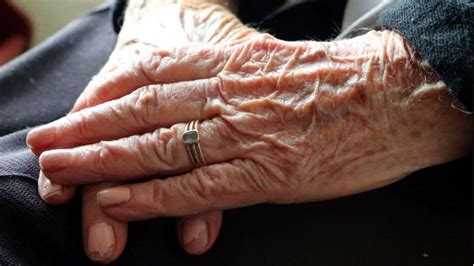The relationship between rheumatoid arthritis (RA) and COVID-19 has been a topic of significant research and concern. Hospitalizations and Death studies present mixed findings on whether individuals with rheumatic conditions who contract COVID-19 face increased risks. A notable aspect is the presence of comorbid conditions. Research presented at the 2020 ACR Convergence suggests that having a rheumatic disease and additional health issues may compound risks associated with COVID-19.
Corticosteroid Use in RA patients has also been a focal point. It’s been observed that arthralgia and arthritis can develop post-SARS-CoV-2 infection in some patients, even in those negative for rheumatoid factor (RF) and anti-citrullinated protein antibody (ACPA). This was highlighted in a case study describing a man who developed arthritis after COVID-19.
People with rheumatoid arthritis are generally at a higher risk of complications from COVID-19. Consequently, COVID-19 vaccines are highly recommended for individuals with RA. A study published in Arthritis & Rheumatology in May 2021, which examined thousands of veterans, indicated that the risk of contracting COVID-19 was 25% higher, and the risk of hospitalization or death due to COVID-19 was 35% higher among RA patients compared to those without the disease.
Extra precautions against COVID-19 are advised for those with RA, considering their heightened risk of virus contraction and severe symptoms. A study spanning from March 1, 2020, to June 6, 2021, identified patients with rheumatoid arthritis who had COVID-19 and monitored them for severe outcomes within 90 days of the initial positive SARS-CoV-2 test. This study underscores the importance of diligent care and monitoring for RA patients during the pandemic.
The COVID-19 outbreak, caused by the severe acute respiratory syndrome coronavirus 2 (SARS-CoV-2), has highlighted various symptoms, including interstitial pneumonia, fatigue, headache, and arthralgia. The latter occurs in about 14.9% of COVID-19 cases, emphasizing the need for attention to rheumatic and inflammatory manifestations, such as arthritis, in the context of the pandemic.
For RA patients, the pandemic has raised concerns about the potential for poorer COVID-19 outcomes, especially considering the immunosuppressive treatments they often undergo. The use of glucocorticoids, a type of corticosteroid, has been linked to a higher risk of severe COVID-19 outcomes in RA patients. Further studies are needed to understand the impact of specific Disease-Modifying Antirheumatic Drugs (DMARDs) on COVID-19 outcomes, the broader implications of the pandemic on RA disease activity, and how to optimize telemedicine for RA management.

To learn more about these topics, visit the following resources:
Verywell Health,
The Lancet Rheumatology,
Healthline,
HSS,
Healthline,
The Lancet Rheumatology,
The Lancet Rheumatology,
PMC – National Center,
PubMed.


